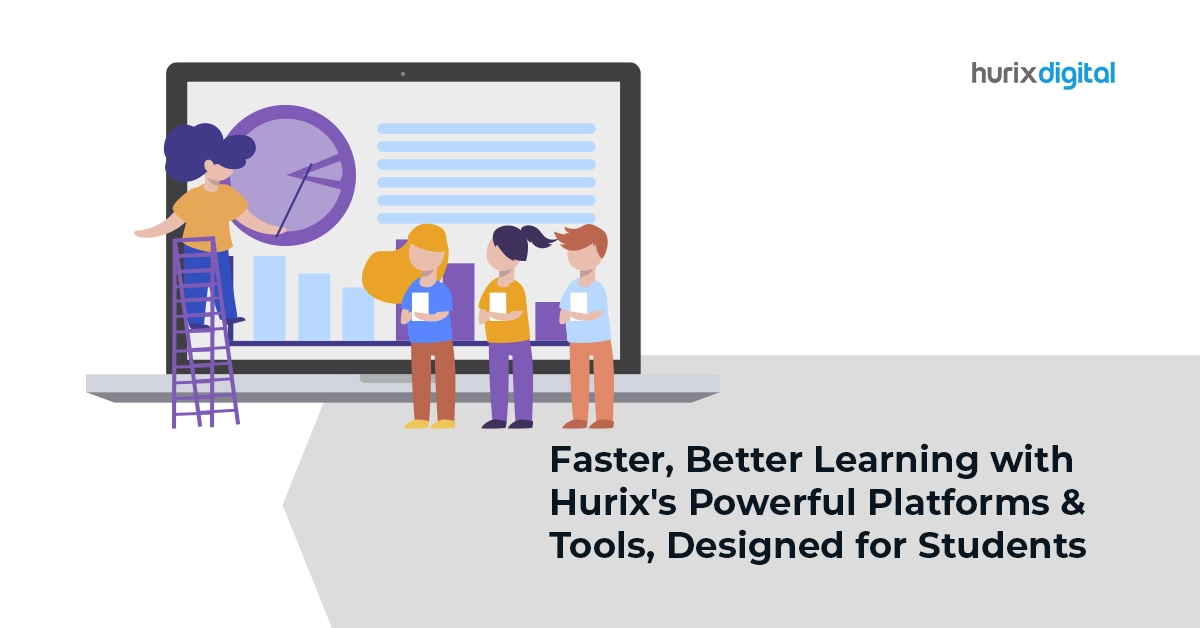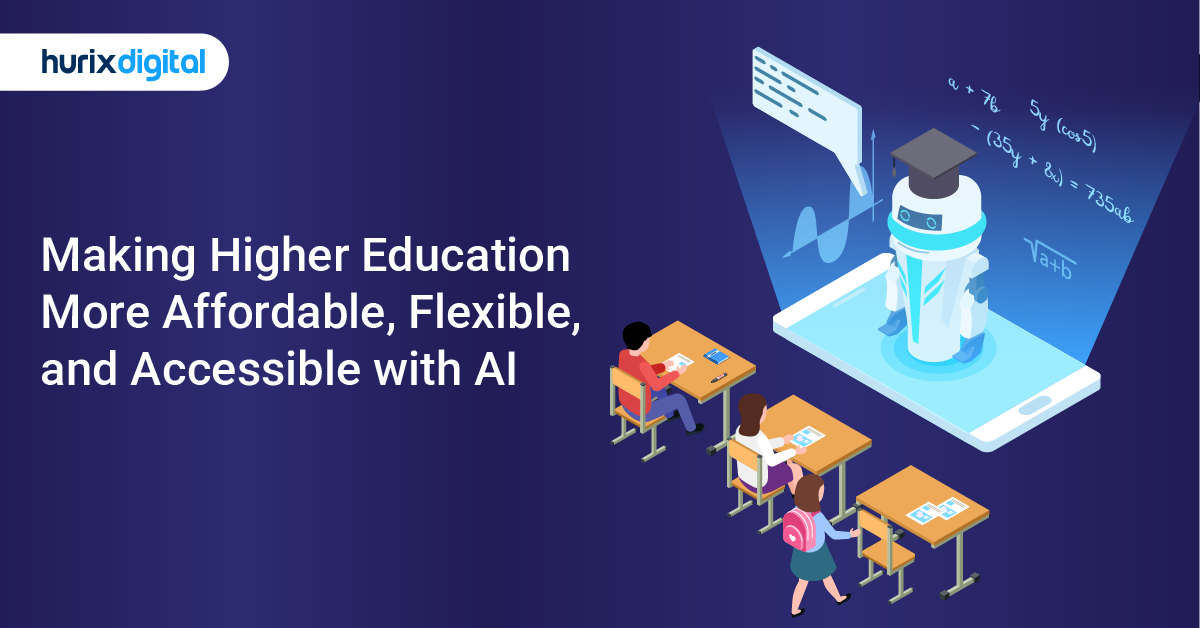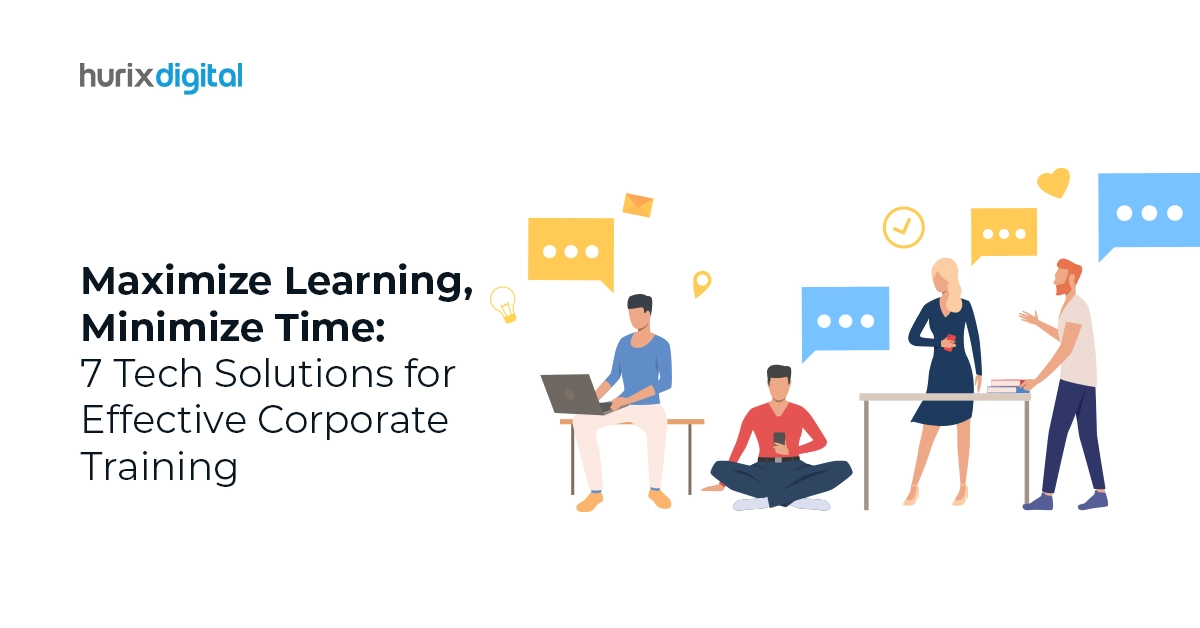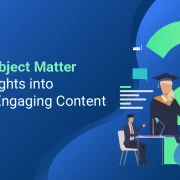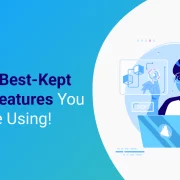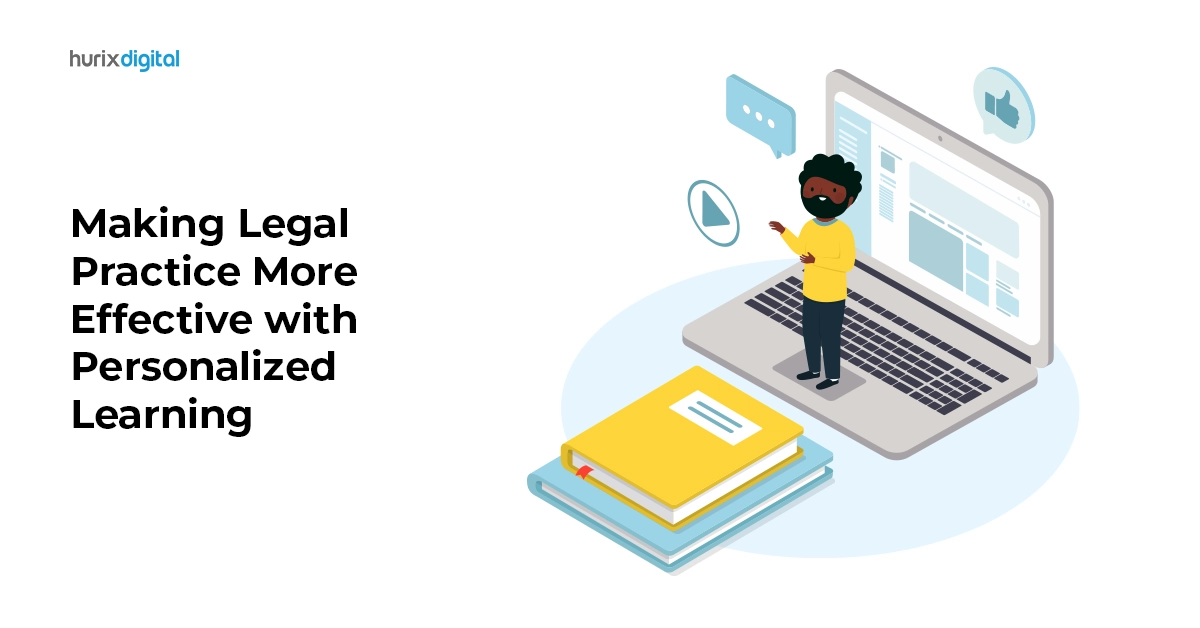
Making Legal Practice More Effective with Personalized Learning
Summary
The blog post explores the role of Artificial Intelligence (AI) in learning and development. It highlights how AI technologies, such as machine learning and natural language processing, can personalize learning experiences, automate assessments, provide intelligent recommendations, and enhance learner engagement. The post emphasizes the transformative potential of AI in revolutionizing learning and development practices.
The legal profession is constantly evolving and becoming more complex. Lawyers need to keep up with the changing laws, regulations, and technologies that affect their practice areas. They also need to develop their skills and competencies to provide high-quality services to their clients.
However, traditional methods of legal training may not be sufficient or effective for meeting the diverse and dynamic needs of lawyers. This is where personalized learning comes in.
Personalized learning is a learner-centric approach that tailors the content, pace, and delivery of training to the individual needs, preferences, and goals of each learner. The Global Personalized Learning market is predicted to reach $2 billion by 2024, growing at a rate of 29% between 2018 and 2024.
In this blog post, we will explore how personalized learning can make legal practice more effective, what are the benefits of personalized learning for lawyers, and what are the best practices for implementing personalized learning in legal training.
Table of Contents:
- What Is Personalized Learning? Why Is It Important for Lawyers?
- How Can Lawyers Benefit from Personalised Learning?
- What Are the Best Practices for Implementing Personalised Learning in Legal Training?
- Conclusion
What Is Personalized Learning? Why Is It Important for Lawyers?
Personalized learning is a form of adaptive learning that uses data and analytics to create individualized learning experiences for each learner.
It takes into account the learner’s prior knowledge, skills, interests, goals, preferences, and learning styles and adjusts the content, pace, and delivery of training accordingly.
Personalized learning is important for lawyers because it can help them:
- Learn at their own pace and convenience. Personalized learning allows lawyers to access training anytime, anywhere, and on any device.
They can choose when and how they want to learn based on their availability and schedule. They can also skip or review topics as per their needs and progress at their speed. - Learn what is relevant and useful for them. Personalized learning provides lawyers with content that is aligned with their practice areas, roles, responsibilities, and objectives.
It also offers them feedback and guidance on their strengths and weaknesses and suggests areas for improvement. This way, they can focus on what is most important and applicable to them. - Learn more engagingly and interactively. Personalized learning uses various methods and formats to deliver training, such as videos, podcasts, simulations, games, quizzes, case studies, etc.
It also incorporates elements of gamification, social learning, and microlearning to make training more fun and motivating. These methods can increase the learner’s attention span, retention rate, and satisfaction level. - Learn more effectively and efficiently. Personalized learning can improve the learner’s performance and outcomes by providing them with tailored instruction and support. It can also reduce the time and cost of training by eliminating unnecessary or redundant content.
According to a study by educational psychologist Benjamin Bloom, students who received personalized instruction performed better than 98% of those who did not.
How Can Lawyers Benefit from Personalised Learning?
Personalized learning can offer various benefits for lawyers in terms of:
1. Skill Development
Personalized learning can help lawyers develop their core legal skills as well as their soft skills such as communication, negotiation, critical thinking, problem-solving, etc.
It can also help them acquire new skills that are relevant to the changing legal landscape, such as technology skills, data analysis skills, innovation skills, etc.
2. Knowledge Update
Personalized learning can help lawyers stay updated with the latest laws, regulations, and technologies that affect their practice areas.
It can also help them learn about new trends and developments in the legal industry, such as artificial intelligence, blockchain, cybersecurity, etc.
3. Professional Development
Personalized learning can help lawyers enhance their legal skills development and career growth by providing them with opportunities to learn from experts, peers, and mentors.
It can also help them showcase their achievements, credentials, and portfolios to potential employers or clients.
4. Client Satisfaction
Personalized learning can help lawyers deliver better outcomes for their clients by providing them with more accurate, timely, and relevant advice and solutions.
It can also help them build stronger relationships with their clients by understanding their needs, expectations, and feedback.
Also Read: Creating Personalized Learning Experiences with K-12 Content Solutions
What Are the Best Practices for Implementing Personalised Learning in Legal Training?
To implement personalized learning in legal training, you need to follow some best practices, such as:
1. Conduct a Learner Analysis
Before designing and developing personalized learning, you need to conduct a learner analysis to understand the characteristics, needs, preferences, and goals of your target audience.
You can use various methods and tools to collect data and feedback from your learners, such as surveys, interviews, assessments, analytics, etc.
2. Define the Learning Objectives
Based on the learner analysis, you need to define the learning objectives for your personalized learning for legal training programs.
You need to specify what you want your learners to know, do, and feel after completing the training. Also, align the learning objectives with the business goals and outcomes of your organization.
3. Choose the Appropriate Content and Format
Based on the learning objectives, you need to choose the appropriate content and format for your personalized learning technology for lawyers.
Select the content that is relevant, useful, and engaging for your learners. Moreover, you should select a format that suits their learning styles and preferences, such as text, audio, or video.
4. Use Adaptive Technology
To deliver personalized learning, you need to use adaptive technology that can adjust the content, pace, and delivery of training according to the learner’s behavior and performance.
You can use various tools and platforms that offer adaptive features, such as artificial intelligence, machine learning, learning management systems, etc.
5. Provide Feedback and Support
To enhance personalized learning, you need to provide feedback and support to your learners throughout the training process.
You need to provide them with timely and constructive feedback on their progress and performance. Providing them with guidance and assistance on their queries and challenges is also essential.
Conclusion
Personalized learning is a powerful way to make legal practice more effective. It can help lawyers improve their skills, update their knowledge, advance their careers, and satisfy their clients. By following the best practices for implementing personalized learning in legal training, you can reap the benefits of this learner-centric approach.
If you are looking for a reliable partner who can help you with complete training solutions for your legal practice, look no further than Hurix Digital. We have the expertise, experience, and technology to create customized eLearning courses that meet your specific requirements and expectations.
Contact us today to find out how we can help you with personalized elearning solutions for your legal practice.

Performance, Results, Growth, and Life-Long Learning define my professional life. I am passionate about making workplace learning planful, purposeful, and impactful. I take pride in partnering with clients and bringing them the best in learning design and creating solutions that address business challenges.

